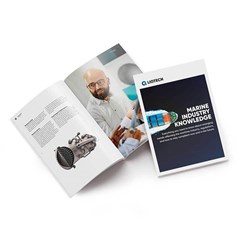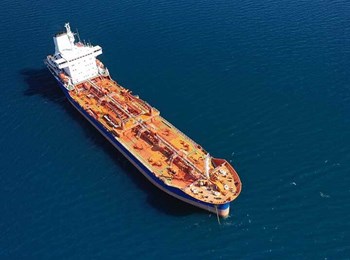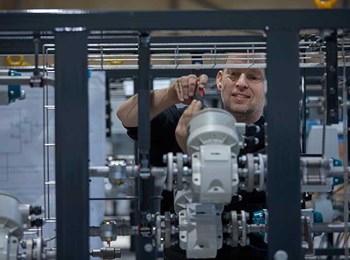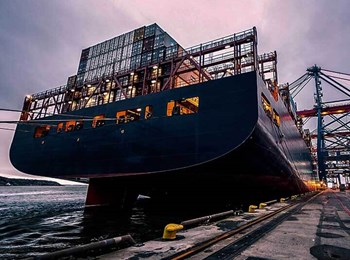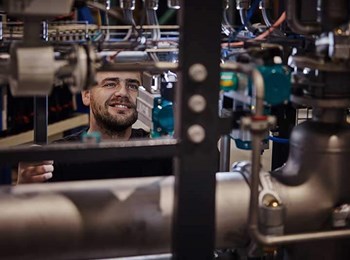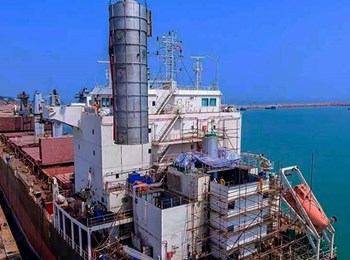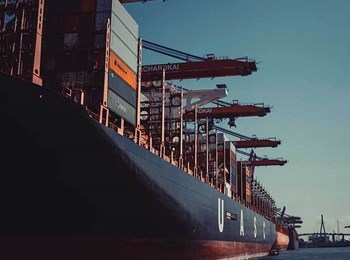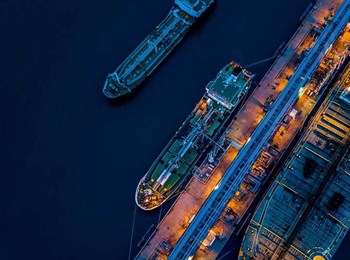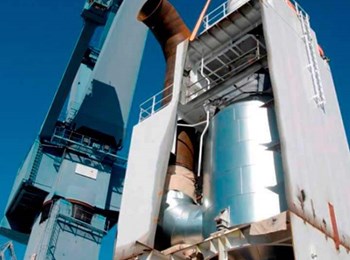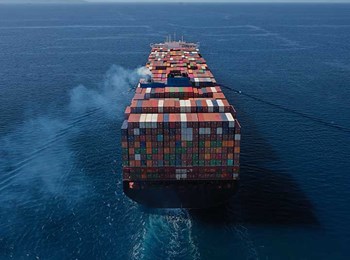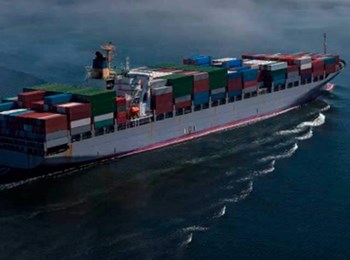Particulate matter (PM) is an airborne substance consisting of hundreds of hazardous solid particles and liquid droplets. Therefore, PM is often referred to as particle pollution. PM can include organic and inorganic particles, including shoot, smoke, dust, and liquid droplets. The particles of PM can take different forms, compositions, and origins. Some can be seen with the naked eye, while others are so microscopic that they can only be seen with a microscope.
Some PM stems from a direct source, such as burning fuel. Yet, most PM forms in the atmosphere when chemicals meet each other and from complex reactions. This is often the case with the case SOx and NOx emitted from industrial operations, power plants, vehicles, and vessels.
PM constitutes a significant health risk, as it can easily be inhaled. The smallest particles constitute the most severe health risk as they can enter deep into the human lungs and bloodstream. Fortunately, as the exhaust gas is scrubbed, around 60-80% of the PM can be removed. Yet, the wash water absorbs some of the PM, which ultimately calls for effective water treatment. Learn more about what a water treatment unit removes here.
